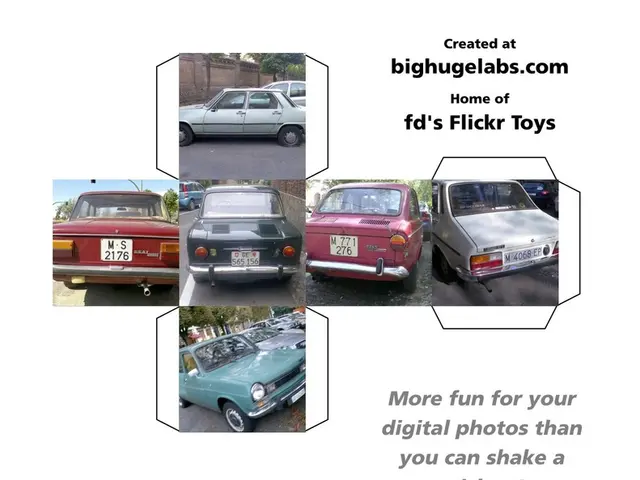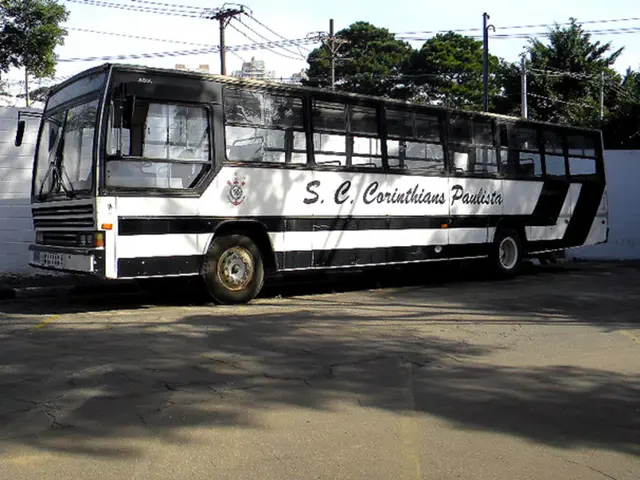Germans reduce automobile commuting to some extent - Decrease in Car Commuting Among Germans Observed
In a shift reflected across Europe, German commuters slightly reduced their reliance on cars for work trips in 2021, according to the Federal Statistical Office. Car usage declined by three percentage points compared to four years ago, with 65% of respondents in the microcensus opting for their vehicles for the journey.
Public transportation saw a modest increase, with 16% of commuters using it, a rise by two percentage points compared to the previous survey. The uptick could be attributed to the introduction of the Germany ticket, a subsidized travel pass. Six percent walked to work, an increment from 2020 while cyclists remained consistent at 10%.
Regardless of the mode of transport, approximately 70% of commuters needed less than 30 minutes to travel from their homes to their workplaces. One-fifth of individuals (19%) completed their commute in under 10 minutes, while half (50%) took between 10 and less than 30 minutes. A mere six percent traveled for an hour or more each way.
Germany's shift towards more sustainable transportation modes is part of a broader European trend, with a general tendency away from car dependence and towards more environmentally friendly options. Continued investments in public transport, active promotion of walking and cycling, and a focus on infrastructure are key components of this transition.
While specific data for each year is not readily available, the overall trend in Germany mirrors the broader European shift towards more sustainable commuting options. The emphasis on sustainable mobility is evident in the willingness of employers to subsidize the Germany ticket and the government's active promotion of eco-friendly transportation alternatives.
- Community policy initiatives across Europe, such as the subsidized Germany ticket, are encouraging a shift towards public transit as an employment policy option, contributing to reduced car reliance.
- As part of the broader European trend towards sustainable transport, various employment policies in the industry, like employer subsidies for the Germany ticket, prioritize eco-friendly commuting options.
- The focus on infrastructure, active promotion of walking and cycling, and ongoing investments in public transit are key elements of the employment policies driving the transition to more environmentally friendly transportation in the automotive and finance sectors.








